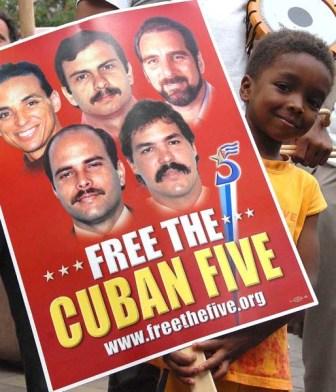China: Workers' strikes -- what did they win?
By Boy Lüthje
Συνέντευξη με τον Michael Lebowitz και την Marta Harnecker: "Να ξαναεφεύρουμε τον σοσιαλισμό"
[English: http://links.org.au/node/2072]
alterthess :: όλες οι ειδήσεις από την άλλη Θεσσαλονίκη (http://alterthess.gr) --
Greece: PASOK, right wing in deep crisis; support for anti-capitalist left grows

By Tassos Anastassiadis and Andreas Sartzekis
December 2010 -- International Viewpoint -- Not so long ago the defeat of the right-wing candidates in the municipal elections in the two major cities in Greece, Athens and Thessaloniki, would have been followed by scenes of popular enthusiasm in the streets throughout the night. There was nothing like that this time, when the right was defeated in cities where it had ruled for decades!
United States: 120th anniversary of the massacre at Wounded Knee: The bloody birth of empire
December 29, 2010 -- Rustbelt Radical -- Wounded Knee, December 29, 1890 is full of meaning. Not just for the Miniconjou and Hunkpapa Lakota who were victims and perished in their hundreds, but for the course of imperial America. Its violence an echo of the violence that was the settlement of this country.
Washington's war of terror against Cuba

By Jane Franklin
September 25, 2010 -- janefranklin.info -- On September 19, 1960, Fidel Castro and Malcolm X had an historic meeting in Harlem’s Hotel Theresa. Fifty years later people packed a meeting hall in the Adam Clayton Powell State Office Building across 125th Street to commemorate that meeting. Among them were Cuban Foreign Minister Bruno Rodríguez Parrilla and Cuban ambassador to the United Nations Pedro Núñez Mosquera.
What a different kind of commemoration we could have had if such important leaders as Malcolm X, Patrice Lumumba, Martin Luther King, Jr., Fred Hampton and countless others had not been assassinated. When Malcolm X met with Fidel Castro they talked about Prime Minister Patrice Lumumba of the Congo, a leader whose importance for Africa and all of us was globally recognised. Only five days earlier, Lumumba had been overthrown by Colonel Joseph Mobutu with the support of the CIA. Four months later Lumumba was executed. And in less than five years assassination took away the life of Malcolm X himself.
Tariq Ali on Mao Zedong and communism in China
"Mao images are for sale, popular in China and not just with tourists, his ideas on protracted war used frequently for ‘guerrilla mar
The German Communist Party and the crisis of 1923

Rosa Luxemburg and Karl Liebnecht, murdered by the Social Democrat government.
By Graham Milner
The German Communist Party (KPD) was founded in the very heat of revolutionary struggle. One of the party's major problems from the beginning was that it was formed as a separate organisation too late to influence significantly the course of the German Revolution of 1918-19. If there had been in existence at this time a mass revolutionary party along the lines of Lenin's Bolshevik party, then there could well have been a radical reconstruction of German society into a republic of workers' councils. Instead of such an outcome, the stunted bourgeois-democratic regime of Weimar came into being, in which most of the existing state machine, including the army, judiciary and civil service, was preserved intact.[1]
Los seres humanos como centro de nuestro socialismo

[English at http://links.org.au/node/2042.]
Por Federico Fuentes, traducido por Janet Duckworth
Resena sobre libro, La alternativa socialista: el verdadero desarrollo humano, de Michael Lebowitz
Green Left Weekly/Links International Journal of Socialist Renewal -- La llegada de la crisis económica mundial a mediados de 2008, simbolizada por el colapso de algunas de las empresas más icónicas de Wall Street, condujo a un incremento vertiginoso de las ventas de El Capital, la obra maestra de Carlos Marx, porque mucha gente buscó una explicación de los acontecimientos apocalípticos que se estaban desarrollando.
What the Dickens? — a tale of two Scrooges

By Christopher Phelps

